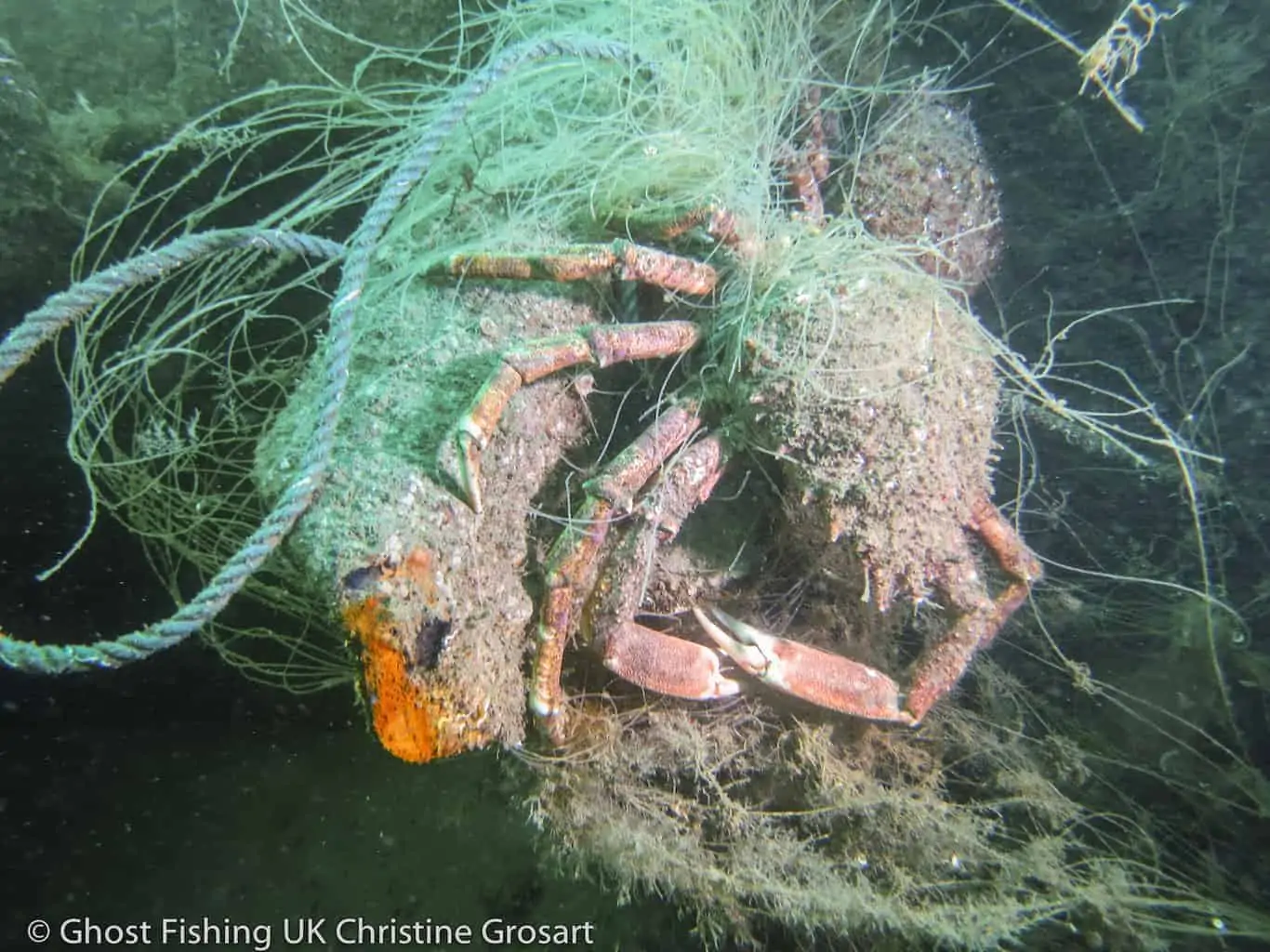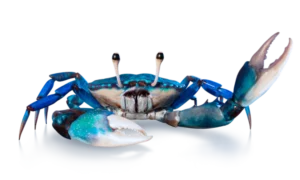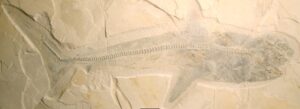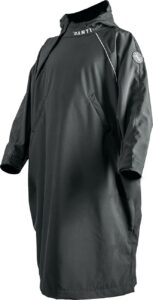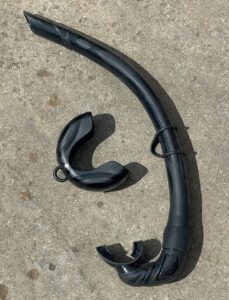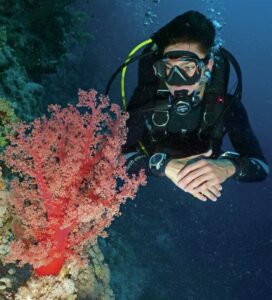According to a joint report by the FAO (United Nations Food and Agriculture Organisation) and UNEP (United Nations Environment Programme), an estimated 640,000 tonnes of fishing nets are left in our oceans each year, accounting for one-tenth of all marine litter. These nets, sometimes called ‘ghost nets’, can often be found on and around shipwrecks.
Ghost Fishing UK is an established, underwater conservation team, which is comprised entirely of volunteers. These experienced and dedicated scuba divers have been cleaning up the sea floor in Scapa Flow, Orkney since 2015 and have spread their nets wider to remove lost or abandoned ghost nets from popular wreck sites in Plymouth.
Ghost Fishing UK chairman Richard Walker explains: “Ghost fishing is the term used for lost fishing nets and pots that continue to catch marine life. When marine life is caught by ghost fishing nets, it cannot be landed and dies in the lost gear, acting as bait for larger animals which in turn become trapped.”
The clean-up action in Plymouth is sponsored by ‘Healthy Seas, a Journey from Waste to Wear'. Healthy Seas is an international initiative that recovers abandoned fishing nets for the purpose of creating healthier seas and recycling marine litter into textile products. The recovered fishing nets are transformed and regenerated into ECONYL® yarn, a high-quality raw material which is then turned into brand-new sustainable textiles, such as Milliken carpets.
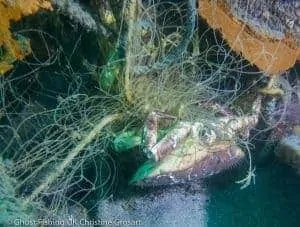
“We are extremely proud to have Milliken on board”, said Veronika Mikos, project co-ordinator of Healthy Seas. “Thanks to the support of partners like Milliken, the initiative has the possibility to grow and reach its goals such as raising awareness about the problem of marine litter and possible solutions.”
Ghost Fishing CEO/Founder, Pascal Van Erp, who is also diving co-ordinator of Healthy Seas, is making the journey from the Netherlands to the UK on 5 August especially to assist the UK team in their underwater clean up. The plan is to remove lost monofilament nets, which have already been seen to be catching marine life. Larger nets have also been surveyed by the team and they plan to cut them in to more-manageable sizes before bringing them to the surface.
Ghost Fishing UK secretary and team diver Christine Grosart says: “Ghost gear doesn’t benefit anyone. It costs fishermen significant money whenever they lose nets and it is rarely a deliberate act. We want to work with the fishermen to find out where they lost their nets or pots, so that we can retrieve them before they cause further harm to wildlife. We would also like scuba divers to contact us whenever they spot lost nets or pots on the wrecks or reefs where they dive. With this information, we can set up an experienced team to go and retrieve them. We are expanding and our goal is to train more divers to work safely in a fairly risky environment to remove more ghost gear.”
The team is being supported by Aquanauts Dive Centre, Healthy Seas and Milliken, all of which will be joining the team to support the mission and share awareness of the problem of ghost nets.
www.ghostfishing.org
